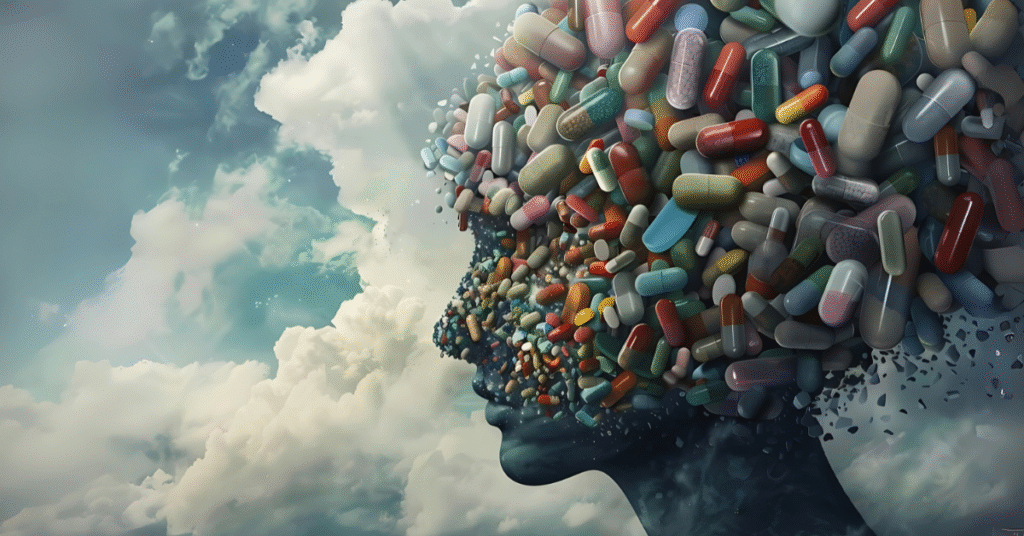Introduction
When you hear the term albumīns, you might think of a scientific lab or a complex biology lesson. In reality, albumīns play a much bigger role in everyday health than many realize. Found abundantly in blood plasma, these are proteins that help keep our bodies balanced, nourished, and functioning properly. According to MedlinePlus, these are essential for maintaining fluid balance, transporting hormones, and supporting tissue repair.
Whether you’re a student learning biology, a health-conscious individual monitoring nutrition, or someone recovering from illness, understanding it is key to appreciating how your body works.
What Are albumīn?
These are a group of simple proteins that dissolve in water and play a major role in the human body’s plasma. They are not only found in humans but also in other animals, making them an important focus in both medical and food sciences. These proteins help transport essential molecules like fatty acids, hormones, and drugs throughout the body.
The Functions of albumīns in the Human Body
These are multitaskers. Their main jobs include:
- Maintaining osmotic pressure so that fluids stay in the bloodstream rather than leaking into tissues.
- Transporting vital nutrients such as vitamins, minerals, and hormones.
- Helping detoxify the body by binding to toxins and carrying them to the liver for processing.
Health Benefits of Adequate albumīns Levels
Maintaining healthy albumīns levels can:
- Support wound healing and tissue growth.
- Improve immune system function.
- Enhance nutrient absorption.
I personally learned the importance of these when a close family member had low protein levels during recovery from surgery. Their energy was low, and swelling was noticeable. After targeted nutrition adjustments, including albumin-rich foods like eggs and dairy, recovery was much faster.
Foods Rich in albumīns
Eating the right foods can naturally boost albumīns levels. Some excellent sources include:
- Eggs (especially egg whites)
- Dairy products like milk and cheese
- Lean meats such as chicken and turkey
- Fish like tuna and salmon
- Legumes such as lentils and chickpeas

Related Resource
For a more in-depth guide on dietary proteins, check out Healthline’s protein nutrition guide.
Causes of Low albumīns Levels
Low albumīn, a condition called hypoalbuminemia, can be caused by:
- Liver diseases like cirrhosis
- Kidney disorders such as nephrotic syndrome
- Poor nutrition or malabsorption
- Severe infections or burns
Testing and Diagnosis
Doctors usually measure these levels through a simple blood test called a serum these test. This helps in diagnosing conditions related to liver and kidney function.
Boosting albumīns Levels Naturally
If you want to keep these at a healthy level:
- Eat balanced meals with enough protein.
- Stay hydrated to support blood circulation.
- Manage underlying conditions like diabetes or hypertension.
Scientific Insights
From a biochemical perspective, these are globular proteins with a unique shape that allows them to bind with many different molecules. Their stability and ability to transport substances make them valuable not just in medicine but also in biotechnology.
albumīns in Medical Treatments
These solutions are often used in hospitals to treat shock, burns, and low blood volume. These medical-grade albumins are derived from human plasma and go through strict purification processes.

My Personal Observation on albumīns Supplements
A friend of mine who underwent major surgery was prescribed albumin infusions to help speed recovery. It was fascinating to see how quickly their swelling reduced and their energy improved after treatment.
Potential Risks of Excess albumīns
While rare, abnormally high these levels can indicate dehydration or certain health conditions. Regular check-ups ensure your levels remain balanced.
Environmental and Industrial Use
Interestingly, these are also used in industrial processes like photographic films and vaccine production. Their ability to stabilize and bind makes them versatile in many fields.
Final Thoughts
Understanding albumīns gives you a better appreciation of how your body works. Whether you get them through diet, supplements, or medical treatments, maintaining healthy levels is essential for overall wellness.
FAQs
What is the normal range for albumīns in the blood?
Typically 3.4 to 5.4 g/dL for adults.
Can diet alone improve low albumīns?
Yes, but only if the low levels are due to poor nutrition. Medical conditions require professional treatment.
Is albumīns found only in humans?
No, it is also found in other animals and is used in various scientific applications.


